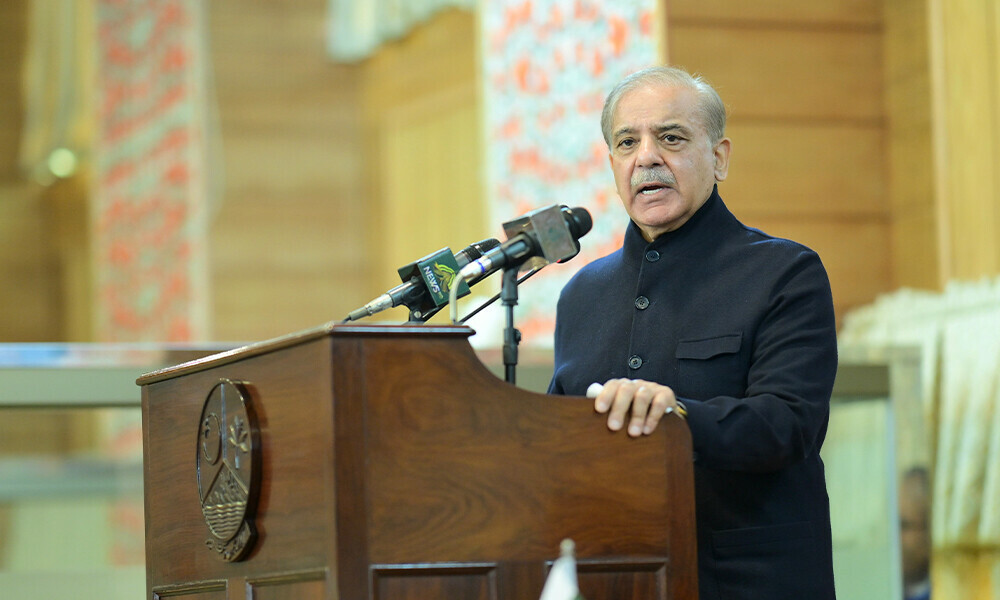Every year, February 5th is observed as Kashmir Solidarity Day to express unwavering support for the oppressed people of Indian Illegally Occupied Jammu and Kashmir (IIOJK).
It also underscores Pakistan’s firm stance on advocating for the Kashmiri people’s right to self-determination, as enshrined in United Nations Security Council (UNSC) resolutions.On this solemn occasion, Prime Minister Shehbaz Sharif reiterated that the Kashmir dispute remains a key pillar of Pakistan’s foreign policy.
In a strong message of solidarity, President Asif Ali Zardari assured the Kashmiri people of Pakistan’s unwavering diplomatic, moral, and political support.
He urged the United Nations (UN) and the international community to honor their commitments made 77 years ago and push for the implementation of UN Security Council resolutions guaranteeing the Kashmiris’ right to self-determination.

Pakistan’s Commitment to Kashmiri Struggle
The Kashmir conflict originated in 1947 following the partition of the Indian subcontinent. Since then, Kashmir has been a flashpoint of conflict, with three wars fought between India and Pakistan (1947, 1965, and 1999) over the region.
Reports by international human rights organizations, including Amnesty International and Human Rights Watch, have documented widespread human rights abuses, including:
- Extrajudicial killings
- Arbitrary detentions
- Enforced disappearances
- Rape and sexual violence as a weapon of war
- Suppression of political dissent
On August 5, 2019, the Indian government revoked Article 370 of its constitution, stripping Jammu and Kashmir of its special autonomous status. Following the revocation, Indian authorities imposed a complete communication blackout, arresting thousands of Kashmiri political leaders, activists, and journalists.
Kashmir Solidarity Day
Despite mounting evidence of human rights abuses, the international community’s response has been inadequate. However, several countries and organizations, including the UN, OIC, and Amnesty International, have called for an end to the brutalities in IIOJK.
- Rallies, seminars, and conferences highlighting the plight of Kashmiris
- Public holiday declaration across Pakistan
- Formation of human chains at Kohala Bridge, Mangla Bridge, and other significant locations
- Special prayers in mosques for the liberation of Kashmir
- Educational institutions holding debates and discussions
The Pakistani media plays a crucial role in keeping the Kashmir issue alive by broadcasting documentaries, news segments, and panel discussions. Social media campaigns also serve as a powerful tool in raising awareness about the atrocities committed in IIOJK.


